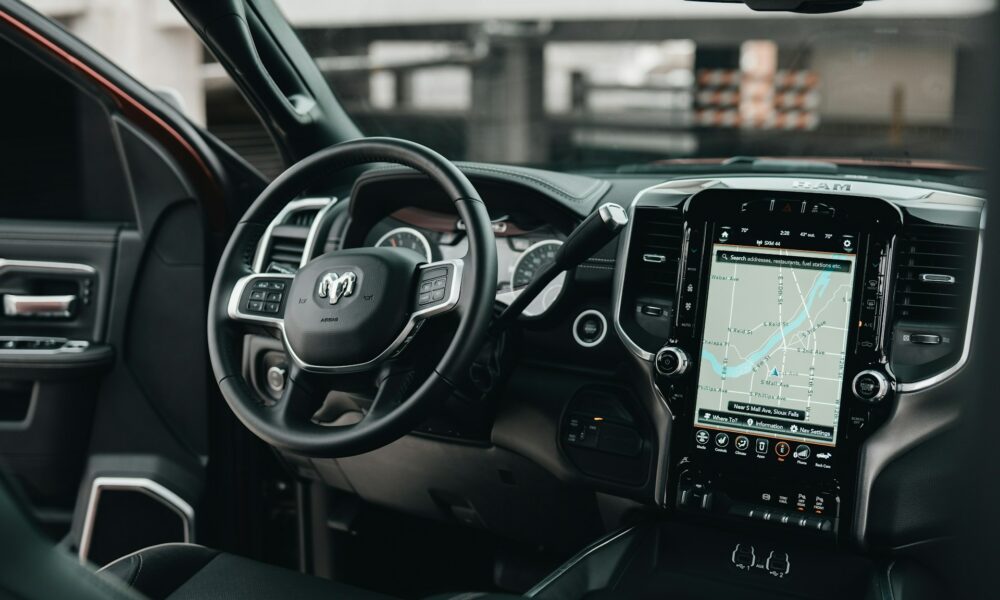Guide to Checking Your Vehicle’s Car Tax

In the United Kingdom, ensuring your vehicle is legally permitted on the road involves more than just having a valid driving license and insurance. One crucial component often overlooked is vehicle tax, sometimes referred to as road tax or car tax.
Staying informed about your vehicle tax status is not only a legal requirement but also a responsibility every motorist should take seriously to avoid fines, clamping, or even the seizure of their vehicle.
Here is a comprehensive guide to checking your vehicle’s car tax, simplifying what can seem like a confusing process.
Understanding Vehicle Tax in the UK
Before delving into the intricacies of checking your vehicle’s tax status, it’s fundamental to understand what vehicle tax is and why it’s essential. In essence, vehicle tax is a duty payable for most types of vehicles used (or parked) on public roads in the United Kingdom. This tax contributes towards the maintenance and development of road infrastructure.
The Basis of Vehicle Tax
The amount payable varies based on several factors, including the vehicle’s age, fuel type, and CO2 emissions. It’s essential to note that since April 2017, the rules have changed, particularly impacting newly registered vehicles with high CO2 emissions.
Vehicle Tax Exemptions
Some vehicles are exempt from paying the tax, such as electric vehicles or those adapted for disabled users. However, it’s critical to apply for this exemption and not simply assume it’s automatically granted.
The Driver and Vehicle Licensing Agency (DVLA) makes it relatively straightforward for vehicle owners to check their tax status online. Here’s how:
The Official DVLA Website
Visit the official DVLA website and use their dedicated vehicle tax checking service. You’ll need to enter your vehicle’s registration number (licence plate), and the system will instantly display your current tax status. For a more comprehensive car tax checker you can use a paid service like Motorscan.
Email and Paper Reminders
The DVLA sends out reminders when your vehicle tax is due for renewal. This is typically done one month before the current tax period expires. However, it’s wise not to rely solely on these reminders, as errors or postal delays can occur.
Renewing Your Vehicle Tax
If you find that your vehicle tax is due for renewal, the process is as simple as checking your tax status. This can also be accomplished through the DVLA’s website, by phone, or at certain Post Office branches.
Documents Required
Be prepared with your vehicle logbook (V5C), which proves you are the registered keeper of the vehicle. If your vehicle is not yet in your name, a V5C/2 new keeper supplement from a logbook will also suffice.
Payment Methods
The DVLA offers several payment options, including direct debit, which can help spread the cost over time. Payments can also be made in full for either six or twelve months, providing some flexibility based on your financial situation.
Penalties for Non-Compliance
Failing to tax your vehicle can result in significant penalties. Initially, you might receive a fine, but persistent avoidance can lead to clamping or even the seizure and destruction of the vehicle.
Enforcement Cameras
Automatic Number Plate Recognition (ANPR) cameras are widely used across the UK to identify untaxed vehicles. These cameras make it increasingly difficult to evade vehicle tax regulations.
Historical Vehicles and Car Tax
Owners of vehicles over 40 years old might benefit from a historic vehicle tax exemption. However, they must still apply to classify their vehicle under this status to benefit from the exemption.
The Environmental Impact
The structure of vehicle tax is designed to encourage the use of more environmentally friendly vehicles by imposing higher rates on those with higher emissions. This aligns with broader government initiatives to reduce pollution and combat climate change.
Final Thoughts
Checking and paying your vehicle’s tax is a simple yet vital part of vehicle ownership in the UK. With the ease of online services provided by the DVLA, ensuring compliance is more straightforward than ever.
By staying informed about your vehicle tax status and renewing on time, you contribute to the responsible use of UK roads and support the development and maintenance of vital infrastructure. Remember, being proactive about your vehicle tax not only helps avoid penalties but also ensures a smoother, worry-free driving experience.





